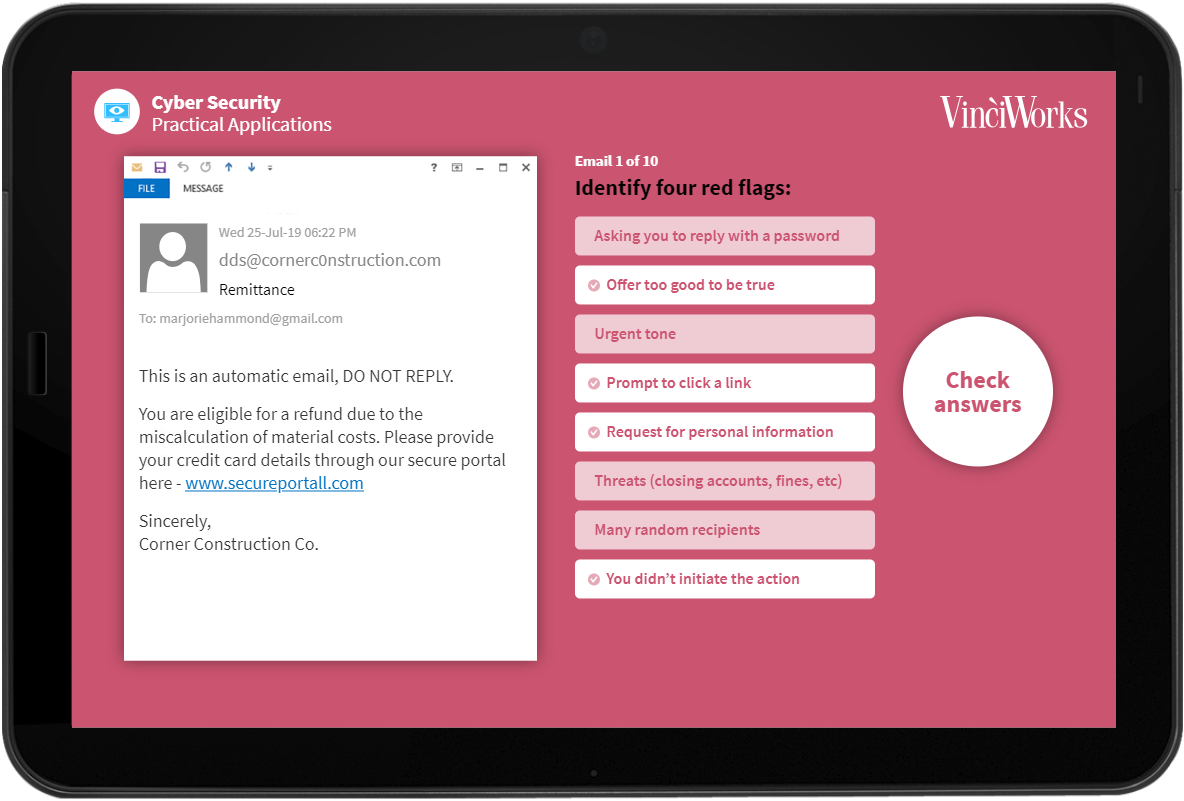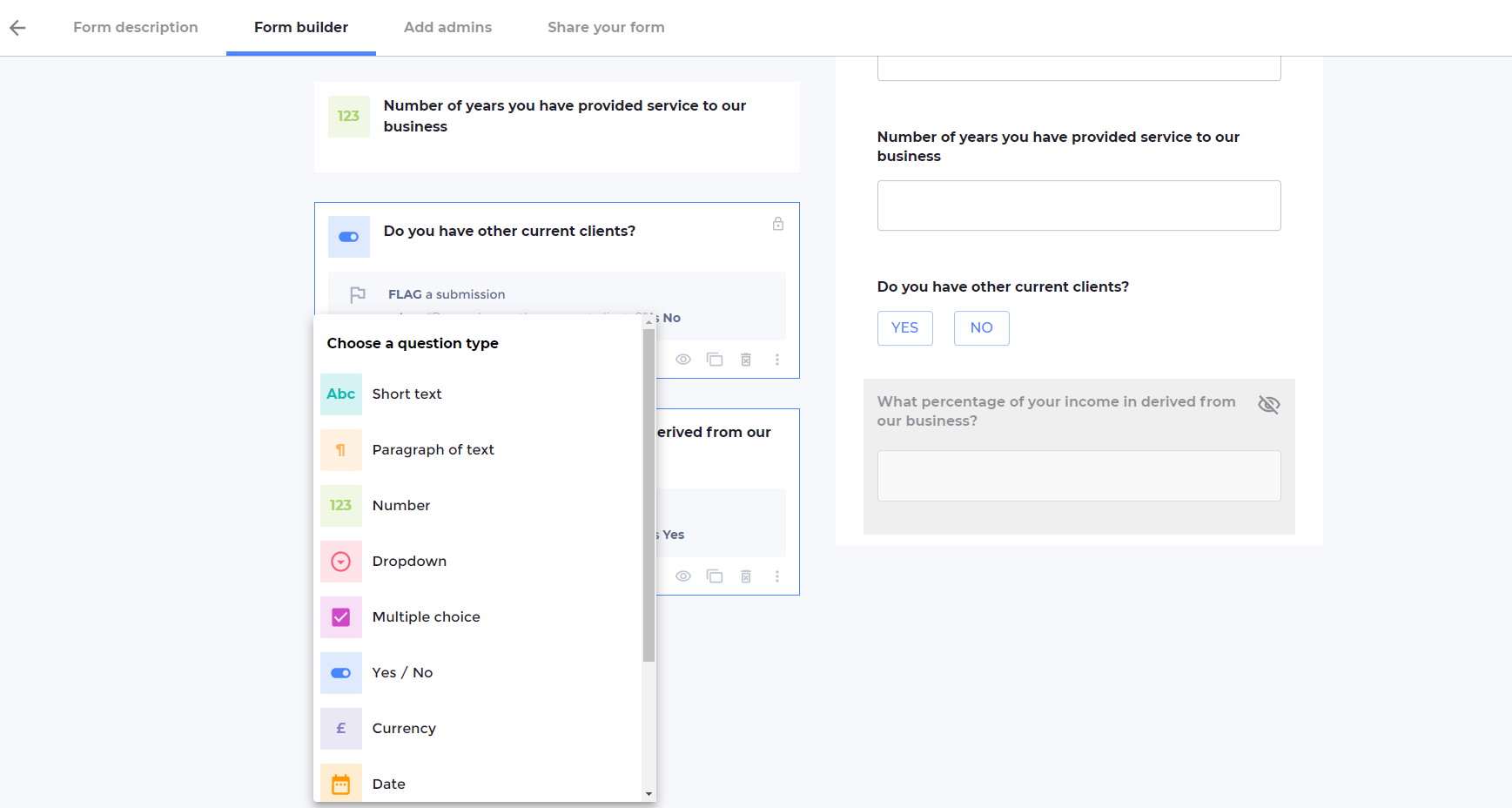Increasing numbers of UK employees work remotely. The number working away from the office at least some of their week is growing fast, with up to half of the British workforce expected to enjoy some sort of remote working arrangement in the next few years.
Like all working arrangements, remote working has its upsides and downsides. It can allow for greater flexibility, which employees really value, and can lead to higher productivity and lower staff turnover. However, for the employee themselves, there can sometimes be a tendency to feel isolated, left out or cut off from the company’s wider aims. It’s important for both the individual and their company to take steps to minimise this.
Communication
The key to any good working relationship is good communication. This is especially true if workers aren’t all physically present in the same place throughout the day.
Scheduling regular check-ins with your manager can help to stay connected to your colleagues and the company’s direction, as well as providing space for you to raise any concerns about your work. If you live close enough to head into the office weekly or monthly to conduct these face to face, it’s beneficial to do so. If not, video conferencing technology such as Skype is improving all the time, and provides a good alternative. The important thing is to make sure these one to ones are regular.
It’s worth considering options like Slack, Trello or a similar solution to keep project work on track and discuss your work with your team.
Work/Life Balance
Set boundaries around “work time” and “home time” and enforce them. This can be challenging when your work space is so close to where you spend your down time – or even the same space – but it’s vital to maintain a healthy balance and stop work bleeding through into your own time constantly.
Some people prefer to work in coffee shops or co-working offices to keep a dividing line between their work and family lives. If this isn’t possible or doesn’t appeal to you, keeping work things (including your office mobile if you have one) in a single room can be a good idea. Try to put limits on how much extra time you work outside of your standard hours; if you wouldn’t stay late at the office to complete a project, don’t work on it in your own time at home either.
Keep a Close Eye on Goals and Projects
Without daily check-ins with colleagues about the progress of work, it’s important to stay on top of things as projects move along. Perhaps consider sending a weekly update to let everyone know what you’ve been working on, and where you are with certain key jobs.
Your manager may be able to give you a better understanding of how your projects fit into the wider mission of the company, which may help motivation.
Stay Safe
Remember that if you’re working alone, it’s best to keep people informed of your whereabouts so they can check everything has gone to plan (and raise the alarm if something goes wrong). This is important for employees who are travelling as well as those who work outside the office. It isn’t about telling people where you’re spending every minute of every day; it’s simply a matter of making sure your team has your safety in mind, even when you’re not physically together.
Remote Working eLearning from DeltaNet International
We’ve developed our Remote Working eLearning course to meet the needs of the growing remote workforce and their managers.















